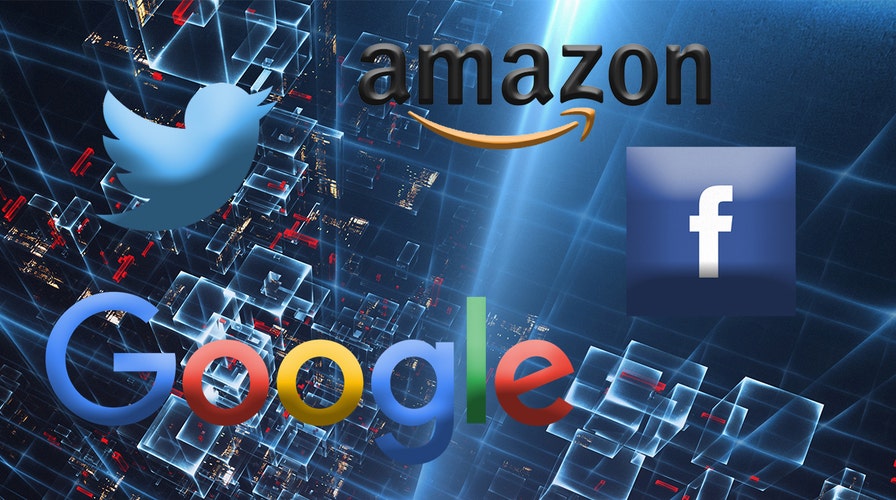Fox News Flash top headlines for August 29
Fox News Flash top headlines for August 29 are here. Check out what's clicking on Foxnews.com
Technology in the U.S. is enabling the creation of a social credit system, a new report claims.
A report in the business magazine Fast Company contends that actions by companies and organizations in the U.S. point to a system with some of the hallmarks of China’s social credit system.
The goal of China’s system is to establish a so-called social credit score for every citizen based on big data analysis. A dimmer view of the system, due to be standardized nationwide in the coming years, holds that it is a kind of mass surveillance system that would reward and punish people based on their behavior. Examples of potential abuse include suppression of religious minorities, denial of jobs, travel bans and an arbitrary ranking of one’s social status.
A nascent social ranking system in the U.S.?
The Fast Company report cites, for example, PatronScan, whose technology makes bars and other drinking establishments safer for patrons by scanning customers' IDs when they enter. The system will flag individuals who are deemed “serious risk to guests or staff,” according to PatronScan's website, including people prone to violence after excessive drinking.
PatronScan pointed Fox News to its privacy page, which states that data are not stored unless a person is flagged. Typically, data are permanently deleted after 90 days.
The Fast Company report also cites the New York State Department of Financial Services, which said in January that life insurance companies can base premiums on social media posts.
"That Instagram pic showing you teasing a grizzly bear at Yellowstone with a martini in one hand, a bucket of cheese fries in the other, and a cigarette in your mouth, could cost you," Fast Company said, adding that good behavior, like taking yoga classes, could be seen as something positive.
CHINA'S VAST, SECRET SYSTEM OF AI REPORTEDLY TRACKS AND CONTROLS UIGHURS
Insurers already tap public information such as driving records, bankruptcy filings, court documents, liens and evictions, according to The Wall Street Journal.
But life insurers, under new guidance, also have to take steps to make sure that algorithms and data are free of bias against racial minorities and other groups protected by law.
Also cited by the report is Airbnb, one of the world’s largest online marketplaces for arranging home stays. When Airbnb bans a person, it can have a profoundly negative impact because of Airbnb’s dominance in the home-stay space, with more than 6 million listings around the world.
Other examples include social media sites that ban people if they’re blocked by too many users.
'BIG BROTHER': AI PIONEER FEARS CHINA'S USE OF TECHNOLOGY FOR SURVEILLANCE AND CONTROL
Is this where the U.S. is ultimately headed?
These actions would seem to suggest that tech companies and public organizations are in effect creating a de facto social credit system the U.S.
“This is why we have a democratic government,” Dan Tuchler, CMO at SecurityFirst, told Fox News.
New technology has the potential to allow a Chinese-style social credit system, but that doesn’t mean the U.S. and the West will accept it, he said. “It’s up to the will of the people as expressed via their participation in our representative democracy. It’s easy to be cynical but we believe that ultimately our shared values will prevent misuse of collected information, from social media or any other source,” he said.









































